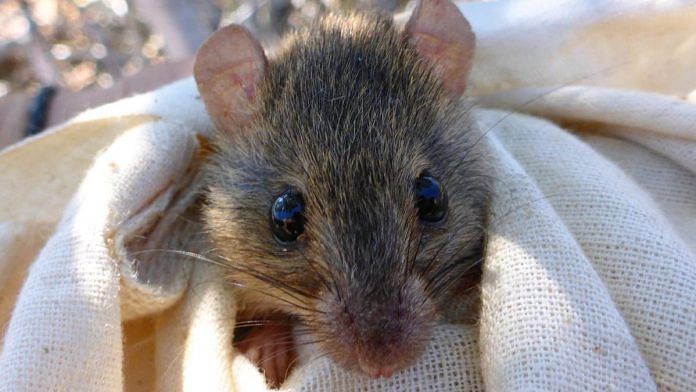New York: Climate change officially killed off its first mammalian species earlier this week, when Australia’s environment minister moved a small coast-dwelling rodent from the endangered to the extinct list.
The Bramble Cay melomys made its home on an island in the Torres Strait between Australia and Papua New Guinea. Both sea levels and water temperatures in the region are rising faster than many species are comfortable with.
Extinction is a process, rather than a singular event. It takes time for science to demonstrate that something that was once there is no longer. The Bramble Cay melomys was first declared endangered by Queensland in 1992 and by the Commonwealth in 1999. The state determined the rodent was extinct in 2016 and further investigation led the Commonwealth on Monday to agree.
In its finding three years ago, University of Queensland researchers and the state government concluded that human-induced climate change was “the root cause of the loss of the Bramble Cay melomys.”
Also read: Humans are changing Earth in many different ways at once
The Torres Strait is an area of concern among residents, researchers, and the governments of both Queensland and the Australia. In its most recent comprehensive assessment of global threats, the Intergovernmental Panel on Climate Change included a passage about indigenous people who live in the area and face “disproportionate climate change vulnerability” that includes heat stress, exposure to extreme weather events, increased disease and subsequent economic impacts.
Extinction is an extreme and rare impact, but Australians are coping with the effects of climate change daily. Warmer waters have caused widespread losses in the Great Barrier Reef, which an April 2018 study in the journal Nature called “a harbinger of further radical shifts in the condition and dynamics of all ecosystems.”
January was the country’s hottest month on record, exposing Australians to “a series of heatwaves unprecedented in their scale and duration,” according to the Bureau of Meteorology. -Bloomberg
Also read: Citizen science: How India’s conservationists are mapping wildlife to protect it



